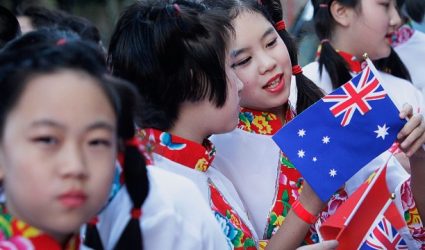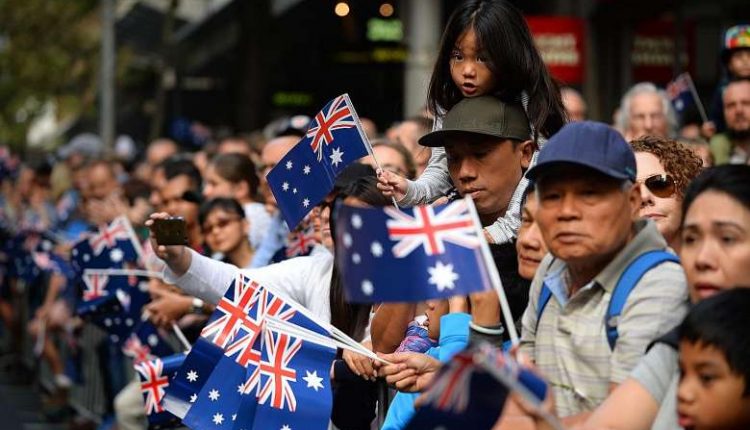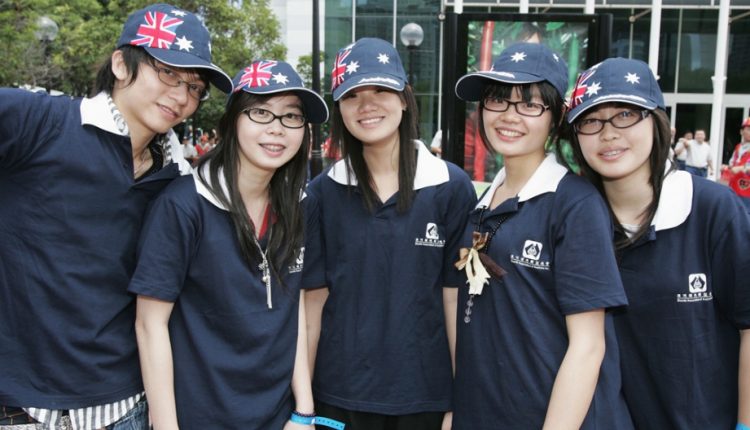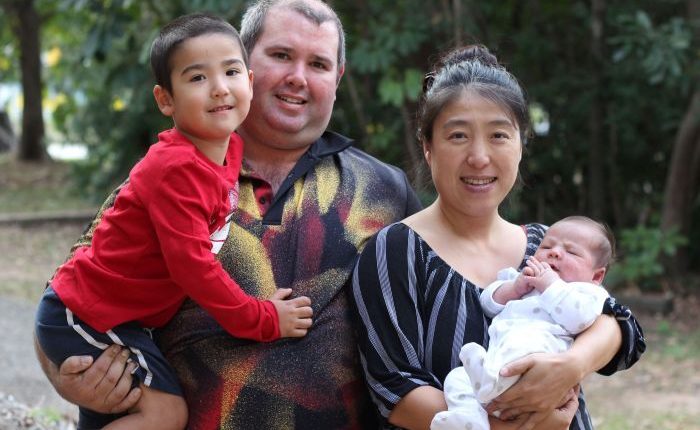Fears of China and WeChat as Australia heads to the polls

(SCMP) – The rise of social media usage for political information has also given media academics cause for concern.
A recent study by Wanning Sun, a media studies professor at the University of Technology Sydney, found that 56 per cent of Mandarin-speakers in Australia expected to receive most of their information about the parties’ policies via WeChat, mostly through subscriptions to Chinese-language media.
WeChat, owned by web giant Tencent and the world’s top standalone messaging app in terms of number of users, uses algorithms to automatically censor content such as news articles, blog posts, and even chat messages deemed sensitive by Chinese leadership.

With more than 1 million monthly users in Australia, it has become so widely used that both Prime Minister Scott Morrison, the leader of the conservative Liberal Party, and his challenger Bill Shorten, the leader of the centre-left Labor Party, recently joined an effort to engage Mandarin-speaking voters.
Last week, a team of cyber propaganda researchers at the University of Canberra’s Institute for Governance and Policy Analysis released a report that showed 47 of WeChat’s top verified accounts in China – 29 of them aligned with the CCP – had mounted a sustained campaign of negative coverage of Morrison’s government. In February, one post mocked Morrison joining WeChat.
Titled “Cosying up to China? This troublesome country has done a huge about-face”, the post said: “There is a country whose head has been kicked hard by kangaroos and now seeks to cosy up to us.”
Another post on news sites in January scorned the idea of WeChat being used to influence the vote, arguing: “British media said some Australian security experts warn Beijing may use WeChat to spread propaganda to influence the Australian federal elections, but the reasoning appears baseless.”

Another asked: “Will whether Western public opinion is ‘reasonably suspicious’ soon be the basis for judging Chinese creations? Not Huawei, not DaJiang, now the filthy object is WeChat.”
“It’s not like we are talking about a free and open marketplace of ideas in the Chinese community,” said Alex Joske, a researcher at Canberra’s Australian Strategic Policy Institute.
“It’s something where the Chinese Communist Party has really distorted that market and makes sure it has the final say on what kind of content gets disseminated through channels like WeChat.”
“This is a serious confrontation between communist despotism and liberal democracy,” said Feng Chongyi, China studies professor at the University of Technology Sydney, who was detained in China on national security grounds.

The platform’s emergence as a tool for political campaigning has raised concerns about the possibility of Australian politicians becoming influenced by Chinese censorship or disinformation campaigns. The app even became the focus of campaign controversy in recent weeks as each party accused the other of posting doctored content to influence voters.
“It’s very disturbing that you’d have a situation where, in a democracy, Australian politicians are trying to communicate with Australians and they are being directly censored by Beijing,” said Fergus Hanson, the head of the International Cyber Policy Centre at the Australian Strategic Policy Institute.
But Huaqiao University’s Lin, who is also a member of the advisory committee of the Overseas Chinese Affairs Office of the State Council, said: “We don’t need propaganda, we have to spread true information.
“The hope, on the part of the government as well as overseas Chinese people, is that we have a better relationship between China and the nations where overseas Chinese live.”
Australian politicians are targeting voters on WeChat. But fake content could end up costing them.

